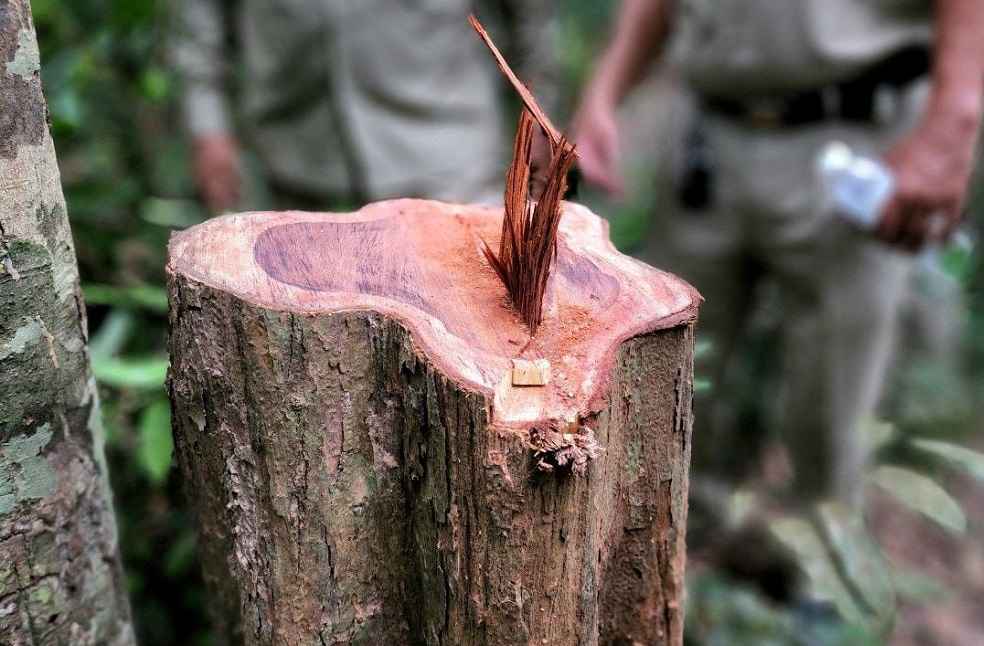The Convention on International Trade in Endangered Species of Wild Fauna and Flora (CITES) aims to enhance the protection and sustainability of various rosewood species listed in CITES Appendix II. This appendix covers species not currently threatened with extinction but potentially at risk without stringent trade regulations.
Rosewood species like Dalbergia, Afzelia, Khaya, and Pterocarpus play crucial roles in ecosystems and economies. Non-Detriment Findings (NDFs) ensure these species’ trade does not threaten their survival, supporting livelihoods in growing regions and industries globally. Maria Isabel Camarena, Scientific Support Officer of the CITES Secretariat Science Unit, stated, “Through robust scientific assessment NDFs reinforce our dedication to safeguarding global biodiversity and the benefits we derive from it.”
The newly released CITES report, utilizing data from TRAFFIC (NGO) experts, provides vital factsheets and case studies of existing Rosewood NDFs. This comprehensive data aids CITES Scientific Authorities in making informed decisions on sustainable export volumes.

Paola Mosig Reidl, TRAFFIC Co-Lead of Data, Research, and Enforcement Support, emphasized the role of evidence-based NDFs: “The information could be considered by Scientific Authorities in range States of the most traded CITES-listed rosewood tree species to inform their decisions on export quotas.”
Pterocarpus erinaceus, or African rosewood, faces severe threats from over-exploitation and illegal trade. Due to sustainability and legality concerns, range States of this species encounter trade suspensions under CITES. The report offers case studies and data collection methods, facilitating these States’ efforts to resume legal trade.
Supporting these initiatives, CITES will host a workshop from September 2-6, 2024, in Douala, Cameroon, focusing on African rosewood. This event builds on previous workshops, including an international expert meeting in Nairobi in December 2023 and another in Douala in April 2024, organized by the German Federal Agency for Nature Conservation (BfN) and TRAFFIC.

At the 27th meeting of the CITES Plants Committee in Geneva, Switzerland, CITES Secretary-General Ivonne Higuero launched the report, underscoring its significance: “The first global report on CITES rosewoods represents a defining moment for the future of these species. This comprehensive study represents an unprecedented collaboration, combining extensive data, expert insights, and strategic recommendations. It underscores our commitment to the principles of CITES and our shared responsibility to protect these precious species.”
The report’s release marks a crucial step in ensuring the sustainable, legal, and traceable trade of rosewood species, safeguarding these vital resources for future generations.
LOGISTICS INDUSTRY | Dubai Launches World’s Largest Food Logistics Hub to Boost Global Trade



